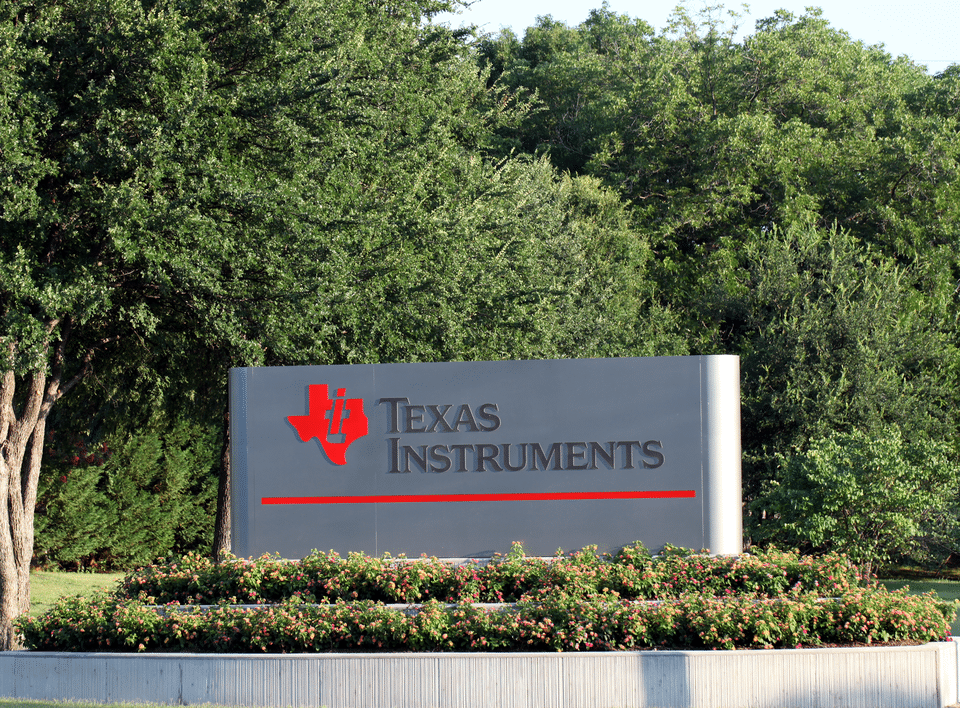Texas Instruments (TI), a longtime titan in the chip industry, is making a bold move to bring semiconductor manufacturing back to U.S. soil in a big way. The company has announced plans to build two additional semiconductor fabrication plants (fabs) in Sherman, Texas—part of a larger $60 billion investment that spans seven sites across Texas and Utah.
This investment isn’t just about more chips. It’s a long-term play on U.S. tech sovereignty, supply chain resilience, and global competitiveness.
Why This Move Matters
Texas Instruments isn’t chasing headlines. Its analog and embedded chips power everything from iPhones and Ford EVs to NVIDIA AI hardware, satellites, industrial robotics, and medical devices from companies like Medtronic. These aren’t cutting-edge CPUs or GPUs—these are the “glue chips” that quietly power much of our modern infrastructure.
With global tensions high and lessons still being learned from pandemic-era chip shortages, TI’s move signals confidence in a more resilient and self-reliant U.S. manufacturing base.
The Big Picture: Seven Sites, 60,000 Jobs
TI’s $60 billion expansion includes:
- Four fabs in Sherman, Texas (two under construction now)
- Existing fabs in Richardson, TX and Lehi, UT
- 60,000+ jobs expected to be supported over the life of the project (including construction and long-term roles)
The new Sherman fabs alone are projected to support 5,000 direct jobs when fully operational.
Powered by the CHIPS Act—and a Clear Strategy
TI is one of the first U.S. companies to fully lean into the strategic vision of the CHIPS and Science Act—a federal initiative offering funding and incentives to bring semiconductor manufacturing back to American soil. While exact funding numbers are still under review, TI’s aggressive timeline and domestic sourcing strategy align closely with CHIPS Act goals.
And it’s not just about making chips faster—it’s about reducing reliance on overseas facilities and increasing control over the supply chain from start to finish.
What Makes TI Different?
Unlike some chipmakers chasing bleeding-edge transistor sizes, TI is investing in more mature, high-volume nodes. Why? Because that’s where the reliability and scalability is for the kinds of products most people don’t realize depend on semiconductors:
- Electric power steering in your car
- Battery sensors in EVs
- Pacemakers and insulin pumps
- Robotics and factory automation systems
- Space-grade chips for satellites
These are applications where precision, durability, and consistent supply outweigh cutting-edge performance.
A Win for the U.S.—and for Strategic Resilience
Texas Instruments’ expansion is part of a broader reshoring trend as U.S. firms react to geopolitical uncertainty, supply chain disruptions, and the strategic wake-up call of recent years. By investing not just in fabs but in full supply chain ecosystems—including packaging, testing, and workforce development—TI is helping rebuild critical infrastructure the U.S. lost decades ago.

